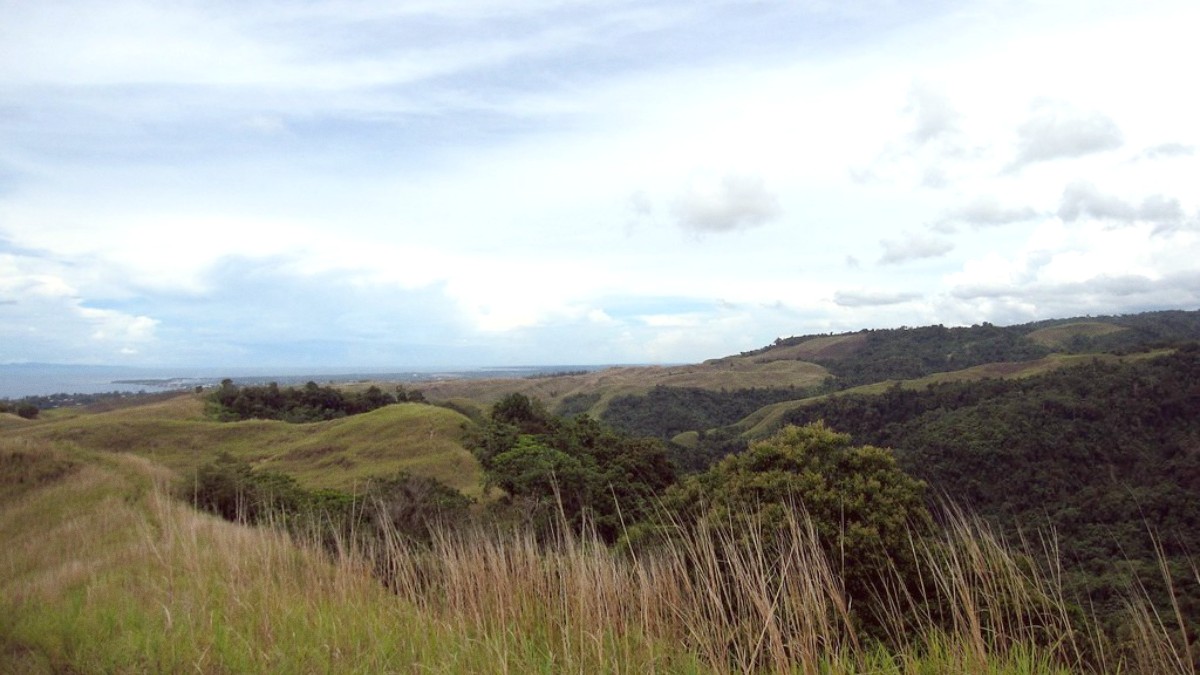
Solomon Islands
Conservation efforts preserve marine environments. Many local communities participate in marine protected areas (MPAs). Respect these initiatives and any restrictions. When diving or snorkeling, avoid touching coral or marine life.
Recycling infrastructure is limited, notably outside Honiara. Minimize plastic use with a reusable water bottle. Carry out all trash, especially non-biodegradable items, from natural sites.
Freshwater resources can be scarce, especially in remote areas or dry periods. Be mindful of water usage, for showers and laundry. Consider purifying water when possible.
Conscious choices reduce your footprint.
Seek out places to stay and tour operators committed to environmental protection. Look for responsible diving practices, proper waste management, or involvement in local conservation projects.
Consider purchasing carbon offsets for flights if available through your airline or a reputable third-party provider. This approach addresses the environmental impact of your journey.
Your purchases can reflect a commitment to a healthier planet. Opt for reusable items and gear from companies with strong sustainability values.
Support tour operators that prioritize environmental and social responsibility. These companies actively work to minimize negative impacts and maximize positive contributions to local communities and ecosystems.
Reduce plastic and dispose of waste responsibly. Carry a reusable water bottle and bag.
Choose tour operators involved in local conservation projects and respect protected areas.
Your mindful choices regarding waste, water, and tour operators contribute to a sustainable future for these islands.
Interacting thoughtfully within Solomon Islands culture.
This channels funds directly to the producers and promotes traditional skills.
Always ask for permission before entering villages or private land. If invited into a home, offering a small gift (like tobacco or a small amount of money) is a customary gesture of gratitude. Listen to and follow advice from local guides on appropriate behavior.
Always ask for permission before taking photos of people, especially children. Some individuals may prefer not to be photographed. Be mindful of privacy and delete photos if requested.
If visiting religious sites, dress modestly, covering shoulders and knees. Remove your shoes if required before entering. Maintain quiet and respectful behavior throughout your visit.
Your spending choices directly affect local communities. Supporting local businesses puts money back into the economy and promotes local growth.
Purchase handicrafts directly from local artisans to support their livelihoods and traditional skills.
Choosing local restaurants or market stalls contributes directly to local families and small businesses.
Your spending choices as a tourist can bring direct benefits to local communities.
Seek out and support tours and accommodations that directly benefit local communities. This approach keeps tourism revenue within the community, supporting livelihoods and local development.
Purchase local handicrafts directly from artisans or small local shops. This makes sure that the money you spend goes directly to the producers. Inquire about how items are made and the materials used.
Choose to eat at local eateries, use local guides, and stay in locally owned guesthouses. This channels your spending into the local economy rather than large international chains.
Buying goods and services directly from local businesses keeps money circulating within the Solomon Islands economy.
Choosing ethical operators and fair-trade products fosters sustainable growth and fair distribution of tourism benefits.
Supporting community-led initiatives creates opportunities and strengthens local resilience.